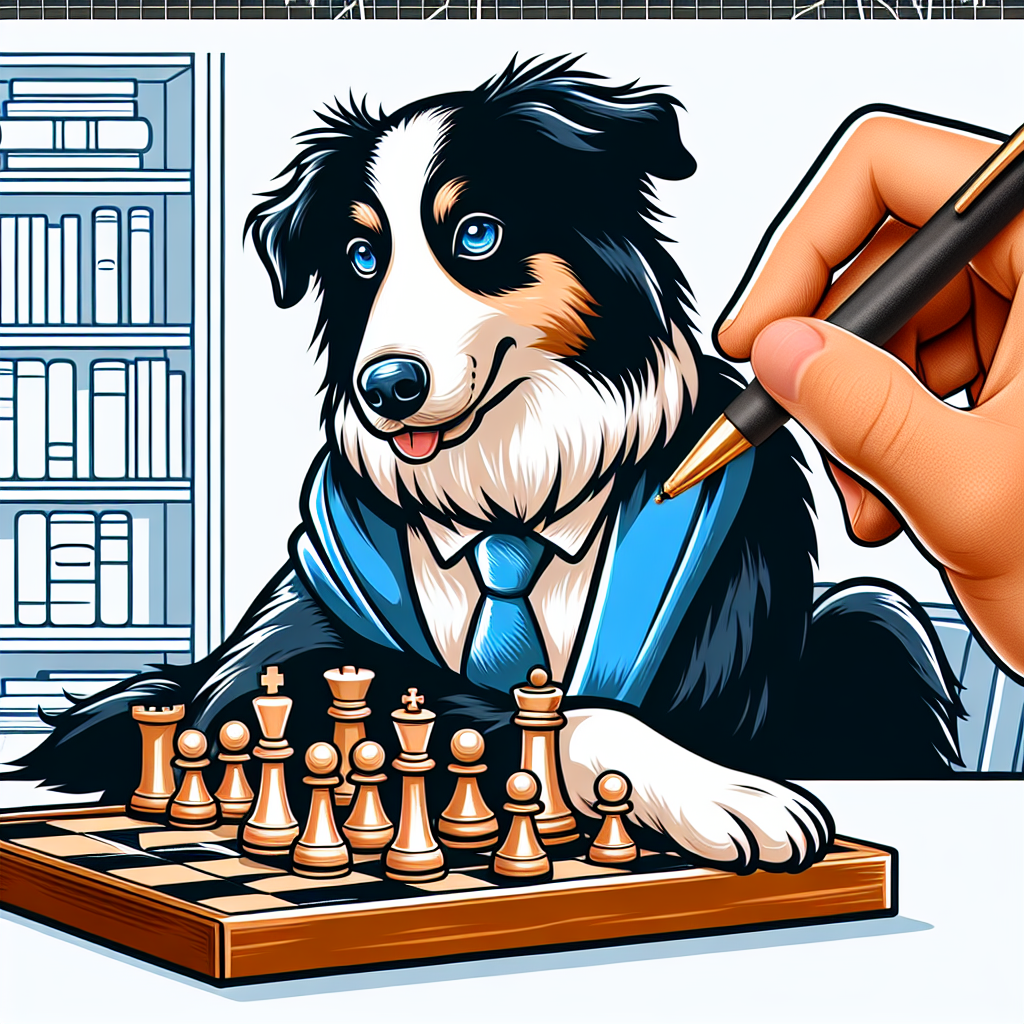
Gifted Dogs and Mental Capabilities: How Man’s Best Friend is Revealing New Insights
Recent research has uncovered intriguing findings about the cognitive abilities of dogs, particularly those deemed as ‘gifted’. These insights not only deepen our understanding of canine intelligence but also provide perspectives on human cognition.
Gifted Dogs: More Than Just Companions
Gifted dogs have long fascinated both scientists and pet owners. A recent study highlighted by Science Daily, discovered that these dogs can categorize toys not just by appearance but by function. This ability indicates a level of understanding that goes beyond basic commands and highlights their potential for complex cognitive tasks.
Understanding Object Functionality
In playful at-home tests, gifted dogs demonstrated the capacity to associate labels like ‘fetch’ and ‘pull’ with toys, even if they had never encountered those toys before. This behavior suggests that dogs can form mental concepts of objects, similar to humans. Such findings challenge the conventional beliefs about the extent of animal cognition and open doors to further studies on animal intelligence.
‘The findings hint that dogs form mental concepts of objects, much like humans, pointing to deeper cognitive abilities.’ – Science Daily
Implications for Cognitive Research
The ability of dogs to understand and categorize based on function rather than appearance has significant implications for cognitive science. It challenges existing paradigms and suggests potential similarities in the way humans and animals process information. Understanding these processes in dogs can shed light on the evolutionary pathways of cognition.
The Human-Canine Cognitive Parallel
By studying dogs, we can gain insights into our cognitive development. If dogs can categorize objects and understand functionality, it raises questions about how these abilities evolved in humans. Are these cognitive skills a result of domestication, or do they stem from deeper evolutionary roots shared with other mammals?
Broader Impact on Training and Animal Welfare
These findings also have practical applications. Recognizing the cognitive capabilities of dogs can lead to improved training methods that harness their natural abilities. Furthermore, understanding that dogs can form complex mental concepts can enhance animal welfare practices, ensuring environments that stimulate and challenge their intellect.
Future Directions in Research
As we continue to uncover the layers of canine intelligence, interdisciplinary research will be crucial. Collaborations between ethologists, neuroscientists, and psychologists could lead to more comprehensive understandings of how various species, including humans, process information and learn.
The journey into understanding dog cognition is just beginning, and as we delve deeper, we may find that dogs, our best friends, are more like us than we ever imagined.




